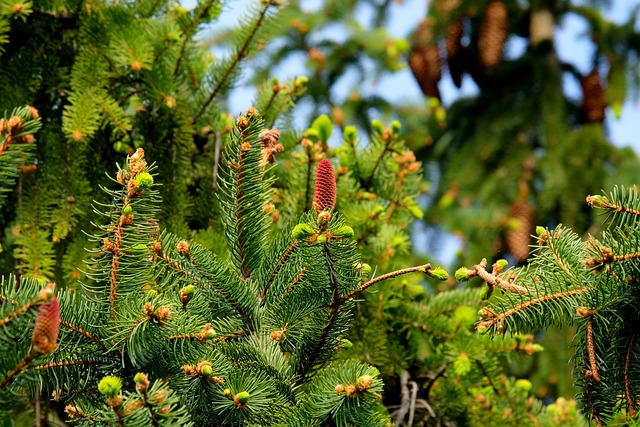In the concrete jungle of modern cities, the serenity and vibrancy of greenery often feel like a distant dream. However, urban gardeners are redefining our urban landscapes and showcasing the incredible potential of garden environments to provide essential urban ecosystem services. From nurturing biodiversity to enhancing mental well-being, these green oases are crucial for our community and the environment.
As we step into our gardens, we become part of a transformative experience. Urban gardening not only allows us to reconnect with nature but also fosters a sustainable lifestyle. By planting a variety of flora, we can create habitats for local wildlife, such as pollinators and beneficial insects, promoting biodiversity in an otherwise uniform cityscape. Just imagine the sweet buzz of bees and the flutter of butterflies as they visit your blooming flowers!
Additionally, gardens act as natural air purifiers, filtering pollutants and producing oxygen, which is vital in crowded urban areas where air quality can suffer. They help mitigate the urban heat island effect, where cities become significantly warmer than their rural surroundings. With lush greenery, we can cool down our neighborhoods and contribute to a more sustainable, eco-friendly atmosphere.
Gardening in an urban context is not just about beautification; it’s a revolutionary act of self-sufficiency and sustainability. Many city dwellers are now turning to their rooftops, balconies, and community plots to grow their own food. This trend is more than just a way to enjoy fresh produce; it also reduces food miles and the carbon footprint associated with traditional food transportation. Imagine the satisfaction of plucking a ripe tomato or harvesting crisp greens right from your own space!
The therapeutic benefits of gardening cannot be overstated. Engaging in nurturing plants can significantly improve our mental health, offering a sense of peace and accomplishment. Studies have shown that interacting with nature lowers stress levels, boosts mood, and enhances overall happiness. As we dig our hands into the soil and take in the heady scents of blossoming flowers, we find a natural remedy for the chaos of city life.
Creating and maintaining a green space in urban environments also fosters community spirit. Community gardens invite neighbors to come together, share resources, and cultivate friendships. These collaborative efforts can lead to heightened social interaction and a stronger sense of belonging. When people gather to plant, water, and tend to their green patches, they nurture not only plants but also relationships.
So, whether you’re tending to window box herbs or coordinating a neighborhood garden, remember that these small-scale efforts have significant implications for urban ecosystems. By prioritizing greenery in our lives, we contribute to a healthier, more connected, and sustainable world. As we continue to explore the depths of what urban ecosystems have to offer, let’s cherish and cultivate our gardens—a movement towards a greener future!




